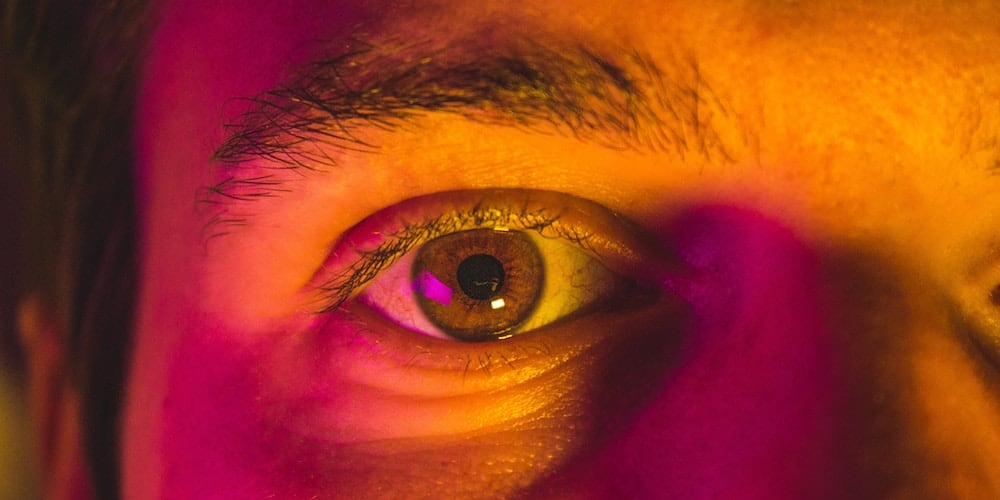Iron is one of the most important essential trace elements: we find 2.5 g to 4 g in the body. An “essential compound” means “mandatory intake through diet”.
Its presence is essential for the composition of hemoglobin, a protein ensuring the transport of oxygen. Beyond this function, which represents 70% of its use, iron:
- is found in muscle myoglobin to enable their oxygenation
- participates in the formation of ATP, a source of the body’s energy
- develops and contributes to the maintenance of cognitive function
It is estimated that 11 mg of iron per day should be provided to men, and up to 16 mg to women with significant menstrual losses.
Anxiety is a feeling of discomfort that is difficult to pinpoint the origin of, unlike stress. Although there doesn’t seem to be a direct link between anxiety and iron deficiency, a deficiency in this trace element could increase already existing fears.
Read also | How to choose the best natural anti-stress
Connections with Anxiety
Iron plays a role in mood regulation
Iron is associated with the synthesis of neurotransmitters important in mood regulation:
- dopamine (immediate pleasure)
- norepinephrine (excitation)
- serotonin (known as the “happiness hormone”)
By reducing iron, their synthesis is also lowered, impacting our mood.
While researching the subject, I found this scientific study conducted in Japan. It looked into this phenomenon and was conducted on a few dozen people who suffered from anxiety attacks.
Researchers observed the levels of vitamins B2, B6, B12, and iron. Why? Because these 4 molecules are essential in the chemical reaction that synthesizes serotonin, the happiness hormone, from tryptophan.
And bingo! Anxious people had a vitamin B6 and iron level well below normal levels.
However, I believe that new, larger-scale studies should be conducted to better explore this link between iron deficiency and anxiety.
Other Psychological Symptoms of Iron Deficiency
An iron deficiency is also involved in increased irritability, risk of depression, and mood disorders.
Moreover, if you suffer from an iron deficiency that causes significant fatigue and ongoing discomfort, you are likely to be even more irritable. Precisely because of this reduced physical capacity!
Mood disorders and the onset of a feeling of depression are not necessarily linked to an iron deficiency, although I think it remains a track to explore. If you feel distressed, do not hesitate to talk about it around you and consult a healthcare professional.

Causes of Iron Deficiency and Its Physical Symptoms
Different Causes Depending on the Profile
Iron deficiency can occur in anyone, at any age. But certain conditions contribute to its onset. Generally, it occurs in 4 cases:
- when there is a need for increased intake: this is the case for athletes, pregnant women, regular blood donors
- due to insufficient absorption: when the diet is vegetarian or unbalanced, or there are digestive problems
- in the event of heavy blood loss: during heavy menstruation, chronic bleeding, or after certain surgeries
- in certain chronic digestive diseases, in cases of cancer, kidney dysfunction, or heart diseases
Read also | A pharmacist’s advice before buying spirulina
Many Physical Symptoms
A blood test prescribed by a healthcare professional will help you know if you have a deficiency. These symptoms may alert you:
- fatigue and exhaustion
- concentration problems
- sleep disorders
- headaches
- hair loss and brittle nails
- chapped lips
- restless legs syndrome
- weakened immune system



